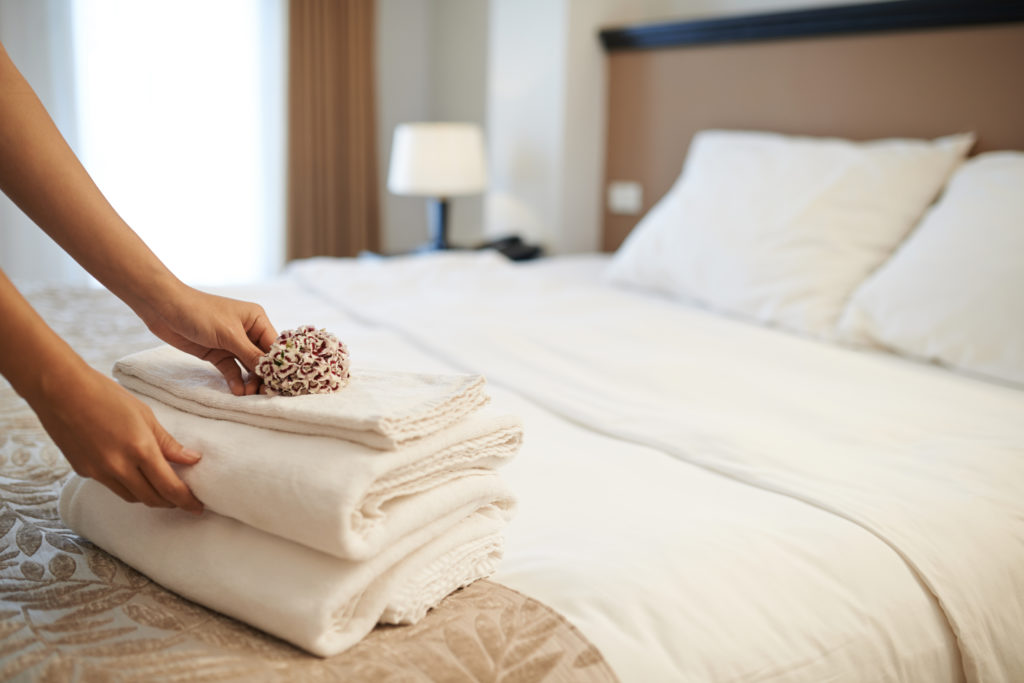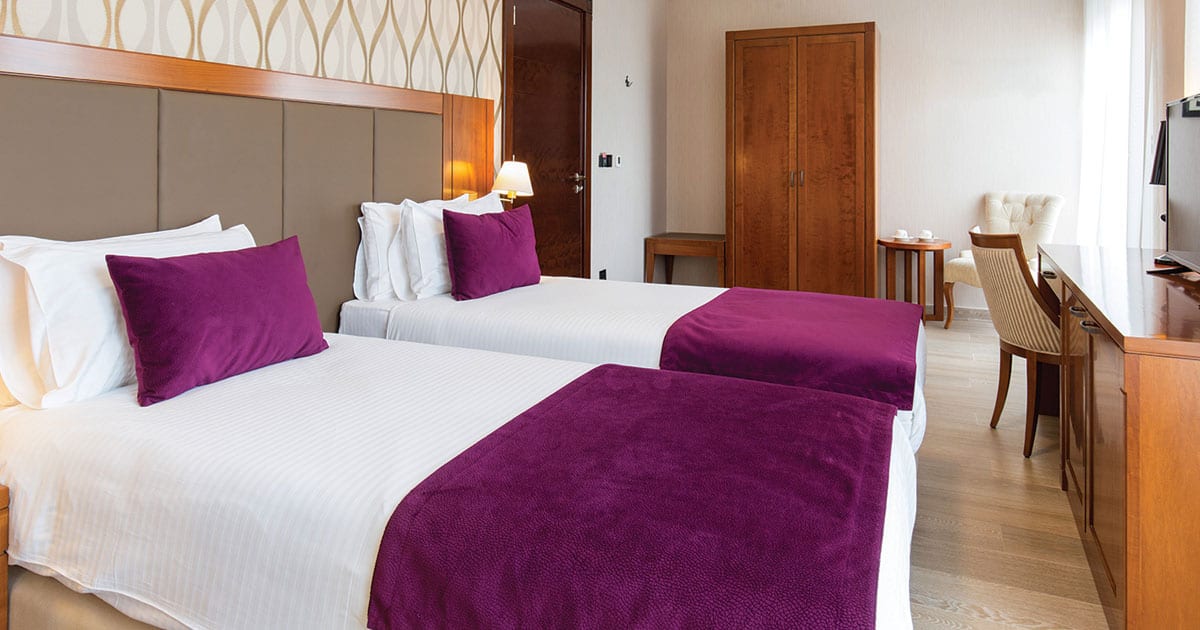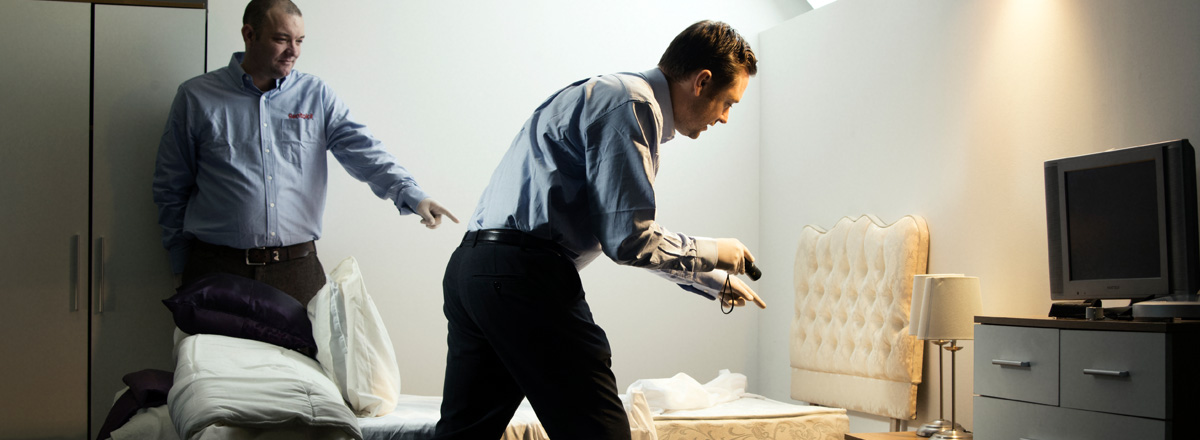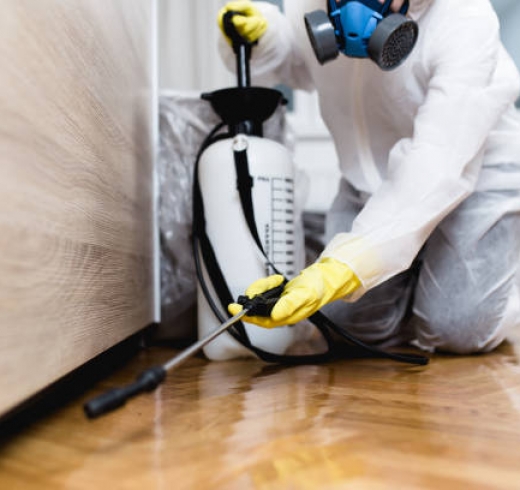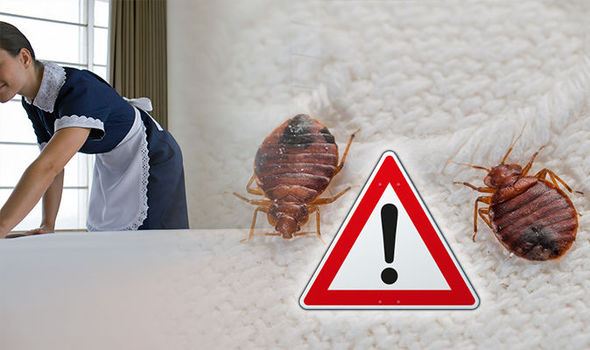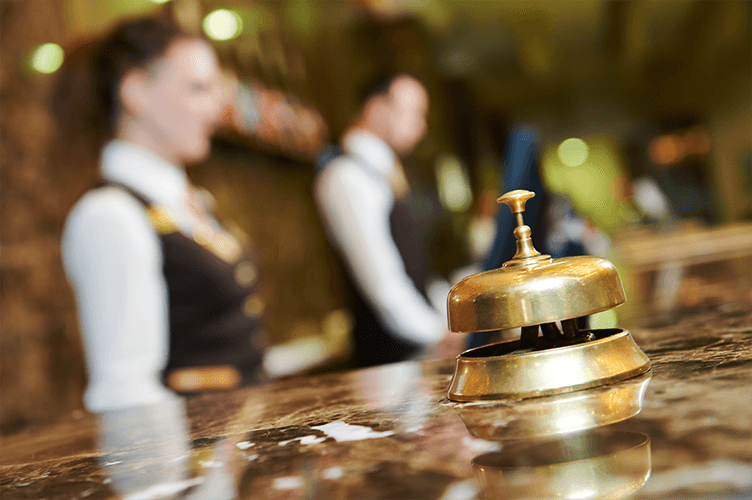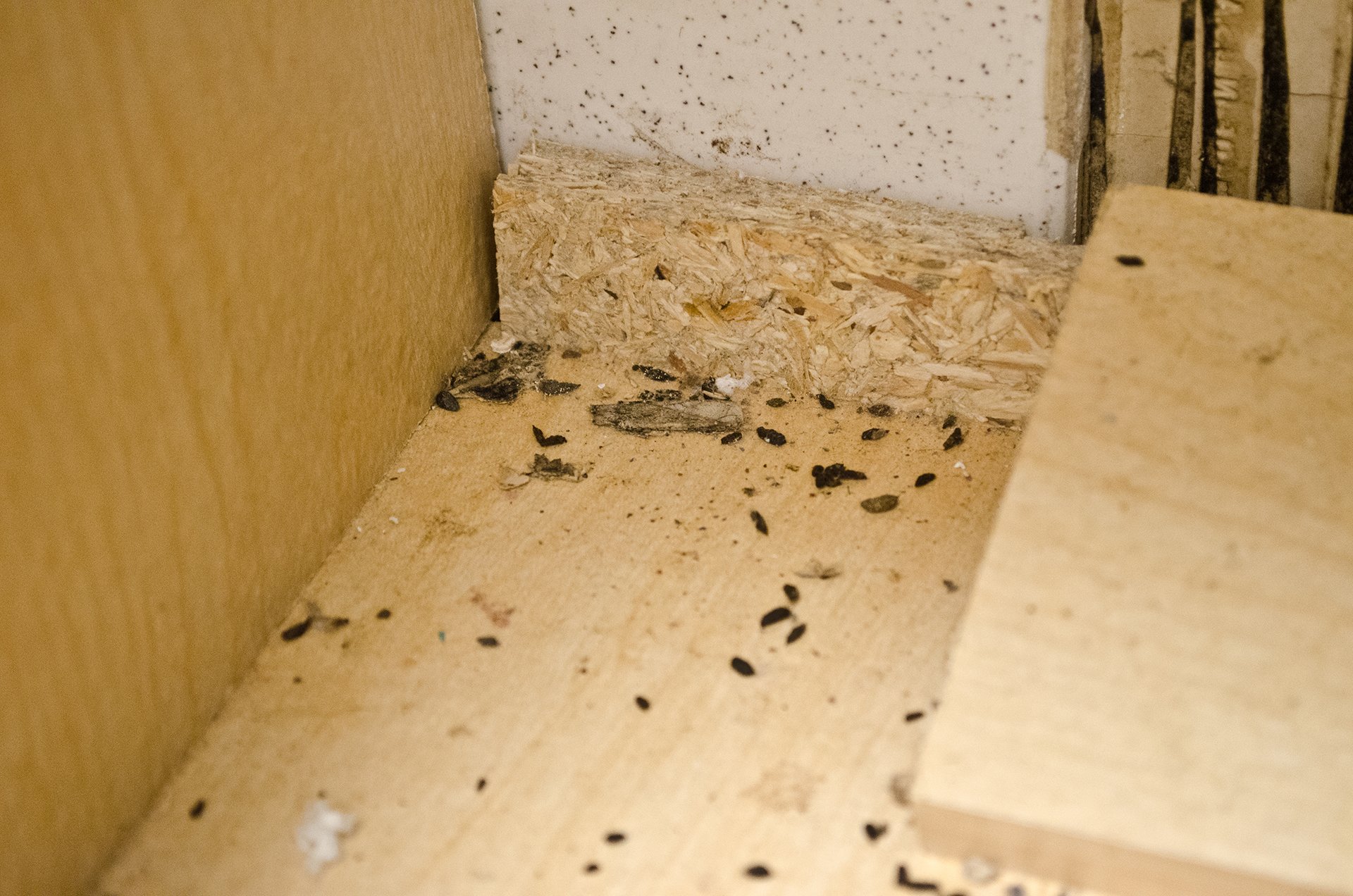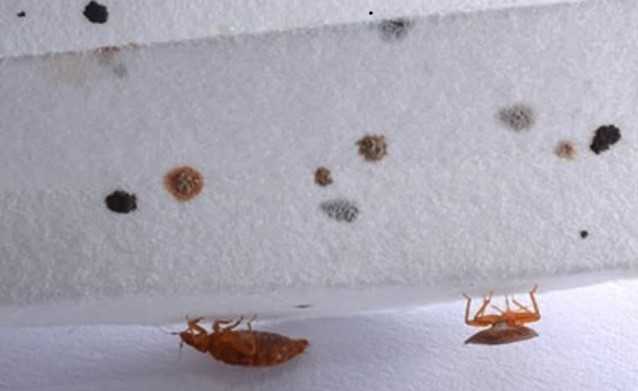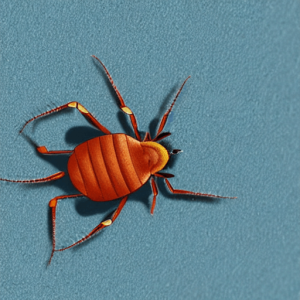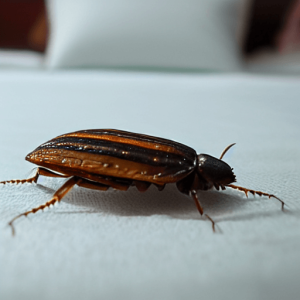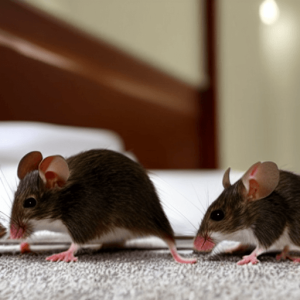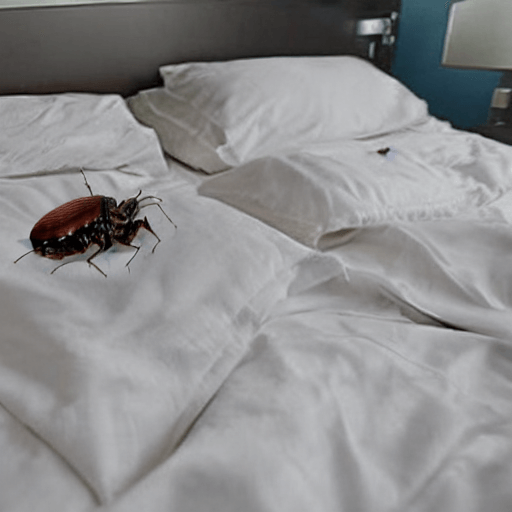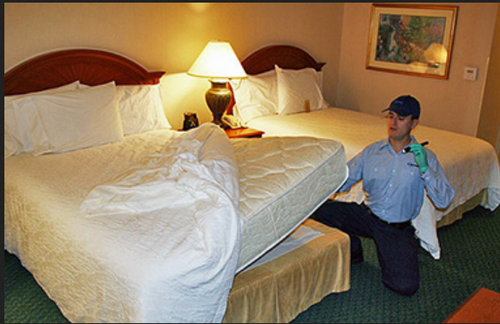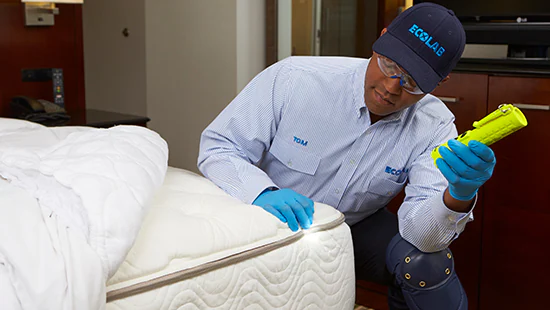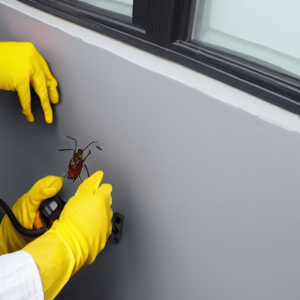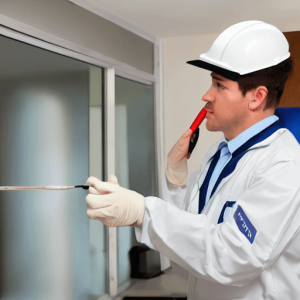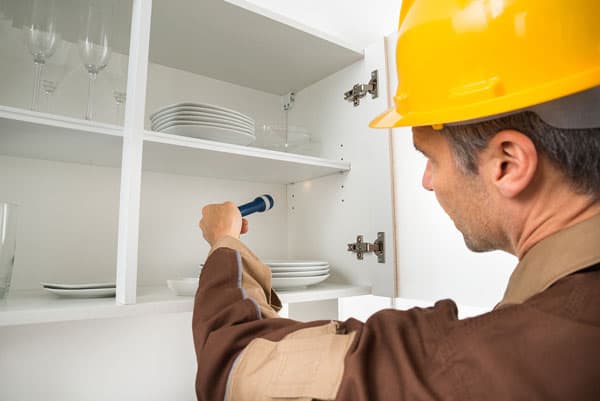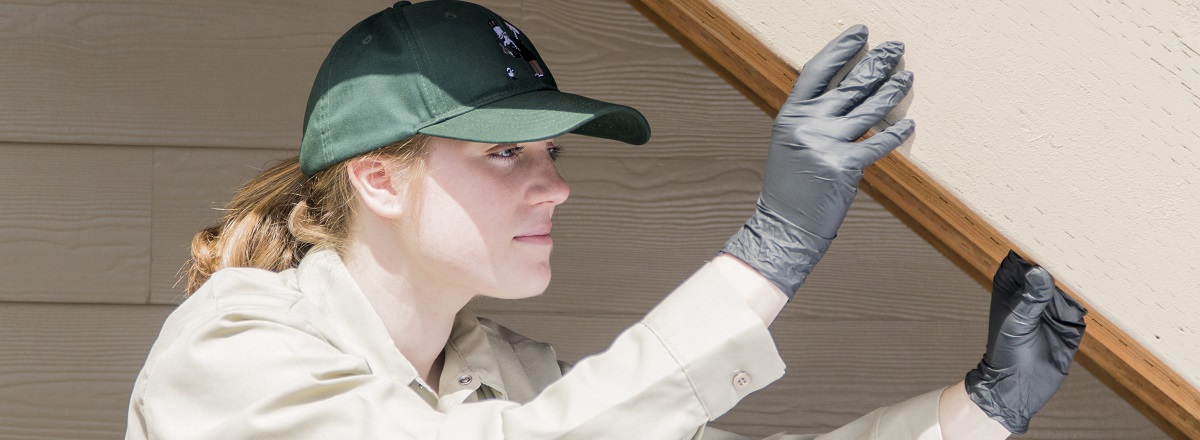Pest management is a critical component of hotel operations, as the presence of pests in accommodations can have major health, financial, legal and branding implications. In order to maintain safe and hygienic facilities that meet industry standards and provide customers with excellent services, hotel owners in Kuala Lumpur must develop comprehensive pest management plans.
This plan should include policies and procedures related to inspecting guest rooms and public areas; employee education; pest identification; controlling factors such as sanitation, structural repairs and insect proofing; selection of appropriate control measures; monitoring results; documenting action taken; updating plan based on new findings and customer feedback. In addition, the plan should outline responsibilities for a designated staff member or pest control company to regularly inspect for pests and coordinate treatments when needed. An effective pest management program requires dedication from all involved parties in order to protect public health and safety amongst guests, employees, contractors etc.
Understanding Pests and their Impact on Hotels in Kuala Lumpur
Pests can pose a serious threat to the hospitality industry and hotels in Malaysia, particularly those situated in urban areas such as Kuala Lumpur. They can damage property, spread disease, create an unsanitary environment and ultimately hurt a hotel’s reputation. Understanding the type of pests found around hotels in Kuala Lumpur is essential for implementing an effective pest management plan.
The most commonly encountered pests in Malaysia include rats, cockroaches, ants and flies. Rodents are likely to be found in guest rooms or behind kitchen walls while cockroaches can hide in cracks or gaps within cupboards and closets. Ants may inhabit external walls of buildings while flies prefer warm areas inside air-conditioned buildings where food sources may be easily accessible. Other pests commonly encountered include spiders, moths and weevils, although these are less frequent problems than those mentioned above.
It is important that hotel staff identify any signs of infestation as soon as possible to reduce the risk of financial loss and reputational damage from pests. The presence of droppings or gnaw marks from rodents could indicate an infestation; likewise if there is a sudden surge of ant trails running across furniture or walls this should also be noted. Additionally, knowing whether guests have experienced sightings or bites from spiders should be taken into consideration when examining the risk a potential pest infestation poses to a property.
By understanding which pest problems occur most commonly around hotels located in urban areas such as Kuala Lumpur it becomes easier to develop comprehensive plans that reduce the risks posed by such unwanted visitors without compromising on guest comfort levels or damaging a hotel’s reputation through inaction.
Identifying Common Pests in Kuala Lumpur Hotels
Hotels in Kuala Lumpur face the challenge of dealing with a range of different pests, which can include rodents, roaches, flies and other small insects. Pests that are found in hotels can cause health risks to guests and employees as well as property damage. Therefore, it is important for hotels in Kuala Lumpur to have a comprehensive pest management plan in place to deal with infestations.
Before tackling an infestation, it is essential to identify the type of pest that is causing the problem. Rodents such as rats and mice can be identified by their droppings or by noticing burrowing activity close to the hotel premises. On the other hand, roaches might be identified through their egg cases or spotty tracks on kitchen countertops or walls. Other pests like flies and spiders may also be noticed due to their presence around windowsills and other areas where they often find shelter.
Once a specific animal has been identified correctly, further steps can then be taken towards eliminating it from premises with more accuracy. In some cases, this may involve contacting a local extermination service or carrying out self-help methods such as bait traps or insecticides sprays depending on the size of the infestation. After carrying out these measures it is also important to conduct regular inspections around vulnerable spots in order to detect any returning sign of pest activity before anything serious happens again in future .
Developing a Comprehensive Pest Management Plan
Kuala Lumpur hotels have a lot to consider when developing a comprehensive pest management plan. Not only are there traditional issues associated with pests such as rodents and insects, but hotel owners must also be mindful of diseases, odors, and other factors that could harm their guests’ experiences. As a result, developing an effective pest management plan to keep all potential risks at bay will become increasingly important for Kuala Lumpur hotels.
It all starts with understanding the pest problem and the types of pests that may be found in or around the property. Some of the most common pests in Kuala Lumpur include cockroaches, ants, spiders, wasps, rodents such as rats and mice, fleas and ticks. Once you have identified the type of pest problem and its severity in each area of your hotel (indoor or outdoor), you can begin to develop an action plan.
The first step is prevention – this means sealing up any cracks or openings around windows and doors where pests may enter your premises. You should also ensure that areas like basements or kitchens are regularly cleaned to prevent food residues from accumulating and attracting unwanted attention from pests. Additionally, provide proper waste disposal services for all internal areas as improper disposal can attract more pests over time; regularly inspect trash cans for any sign that pests are entering from outside sources; restrict access points to sensitive areas from unscreened employees; provide perimeter traps; use insect or rodent sprays where necessary; eliminate standing water sources in order to reduce mosquito activity; clean air ducts regularly; remove dense vegetation near buildings which provide harborage sites for wildlife such as birds and bats and have regular reviews by professional pest control companies who can assess threat levels posed by different species on your property.
Finally hotels should train staff members on how to identify signs of infestation – such …

